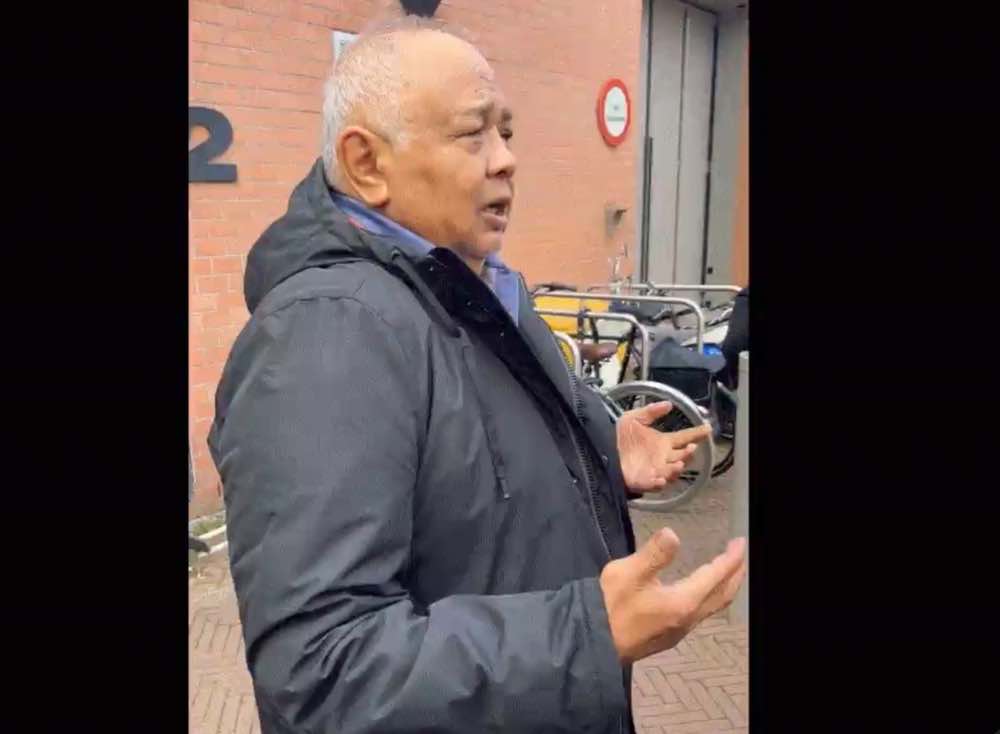Duterte Not in Dutch Prison, Says Medialdea – ICC Claims Otherwise

Manila, Philippines – A heated dispute has erupted between former Executive Secretary Salvador Medialdea and the International Criminal Court (ICC) regarding the whereabouts of former President Rodrigo Duterte. Medialdea emphatically stated that Duterte is not being detained at the The Hague Penitentiary Institution, also known as the Scheveningen prison in the Netherlands. However, the ICC maintains that Duterte is indeed within their jurisdiction and subject to potential legal proceedings.
The controversy stems from the ICC's ongoing investigation into alleged human rights violations during Duterte's presidency, particularly concerning the 'war on drugs.' Duterte has consistently refused to cooperate with the ICC, asserting that it lacks jurisdiction over him and that its investigations are politically motivated. His administration formally withdrew the Philippines from the ICC in 2019.
Medialdea, speaking on behalf of Duterte, issued a strong denial of the ICC's claims. “It is absolutely false that former President Duterte is being held in The Hague,” he declared. “This is a fabricated story intended to malign and harass him.” He further suggested that the ICC's actions are a form of harassment and an attempt to undermine Duterte's legacy.
The ICC, however, stands firm in its position. While they have not explicitly confirmed Duterte's physical presence within Scheveningen prison—due to security and operational considerations—they have asserted that he falls under their jurisdiction and that they have the authority to investigate him. The Court has repeatedly requested Duterte's voluntary appearance, but these requests have been ignored.
Legal Experts Weigh In
Legal analysts are divided on the matter. Some argue that the ICC's claim, even without confirmation of Duterte's physical location, holds weight given the ongoing investigation and the Court's jurisdiction. Others contend that the ICC is overstepping its bounds and that the Philippines, as a sovereign nation, should not be subjected to external legal interference.
“The ICC’s assertion is significant, even if they don’t disclose specific details about Duterte’s location,” explained constitutional law professor Emma Santos. “It underscores the seriousness of their investigation and their determination to hold individuals accountable for alleged crimes against humanity.”
Meanwhile, Senator Francis Tolentino, a staunch Duterte ally, echoed Medialdea's sentiments, criticizing the ICC for what he described as an unwarranted intrusion into Philippine affairs. He reiterated the government's stance that the ICC has no legal basis to pursue charges against Duterte.
Implications and Future Outlook
The conflicting statements from Medialdea and the ICC highlight the complex and contentious nature of the situation. The ICC's persistence in pursuing Duterte despite his refusal to cooperate raises questions about the future of the investigation and the potential for further escalation. Even if Duterte is not physically in The Hague, the legal battle continues, and the ICC’s attempts to gather evidence and potentially issue arrest warrants remain a significant threat to his standing and potentially those around him.
The Philippine government's unwavering support for Duterte further complicates matters, making it unlikely that he will voluntarily submit to the ICC's jurisdiction. The case remains a closely watched development, with implications for both Philippine politics and the international legal system.





